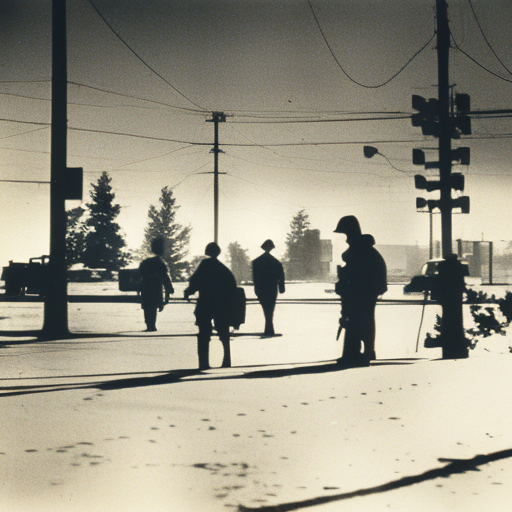Summary:
The War on Drugs refers to a series of policies and actions implemented by the United States government to combat drug abuse and drug trafficking. It began in the 1970s and continues to this day, although its effectiveness and impact have been widely debated. The War on Drugs has had significant social, economic, and political consequences, both domestically and internationally.
Origins and Objectives:
The War on Drugs was officially declared by President Richard Nixon in 1971, with the aim of reducing drug use and its associated social problems. The government implemented a comprehensive approach that included increased law enforcement efforts, stricter penalties for drug offenses, and public awareness campaigns. The primary focus was on illicit drugs such as heroin, cocaine, and marijuana.
Impact on Domestic Policies:
The War on Drugs had a profound impact on domestic policies. It led to the passage of stringent drug laws, such as the Comprehensive Drug Abuse Prevention and Control Act of 1970 and the Anti-Drug Abuse Act of 1986. These laws imposed mandatory minimum sentences for drug offenses, resulting in a significant increase in the number of individuals incarcerated for drug-related crimes. The War on Drugs also led to the militarization of law enforcement agencies, as they sought to combat drug trafficking organizations.
Social Consequences:
The War on Drugs had far-reaching social consequences. It disproportionately affected minority communities, leading to a significant increase in the incarceration rates of African Americans and Hispanics. The strict drug laws and harsh sentencing policies resulted in a large number of non-violent drug offenders being imprisoned, contributing to overcrowding in prisons and straining the criminal justice system. Additionally, the War on Drugs created a stigma around drug addiction, treating it primarily as a criminal issue rather than a public health concern.
Economic Impact:
The War on Drugs had significant economic implications. The government allocated substantial resources to law enforcement efforts, including drug interdiction, surveillance, and prosecution. This led to a substantial increase in federal spending on drug control, diverting funds from other social programs. Additionally, the illicit drug trade created a lucrative black market, with drug cartels and criminal organizations profiting from the illegal drug trade.
International Ramifications:
The War on Drugs also had international ramifications. The United States implemented policies to disrupt drug production and trafficking in other countries, particularly in Latin America. This included providing military aid and training to governments in the region. However, these efforts often had unintended consequences, such as increased violence and political instability in drug-producing countries. The War on Drugs also strained diplomatic relations with countries that disagreed with the U.S. approach to drug control.
Debate and Criticism:
The War on Drugs has been the subject of intense debate and criticism. Critics argue that it has been ineffective in reducing drug use and has instead led to the criminalization of drug addiction. They argue for a shift towards a public health approach that focuses on prevention, treatment, and harm reduction. Others argue that the War on Drugs has perpetuated racial and social inequalities, disproportionately targeting marginalized communities.
Current Status:
The War on Drugs continues to be a contentious issue. In recent years, there has been a growing recognition of the need for drug policy reform. Some states in the U.S. have legalized or decriminalized the use of marijuana, and there is increasing support for alternative approaches to drug control. However, the War on Drugs still influences drug policies and law enforcement practices, both in the United States and internationally.












